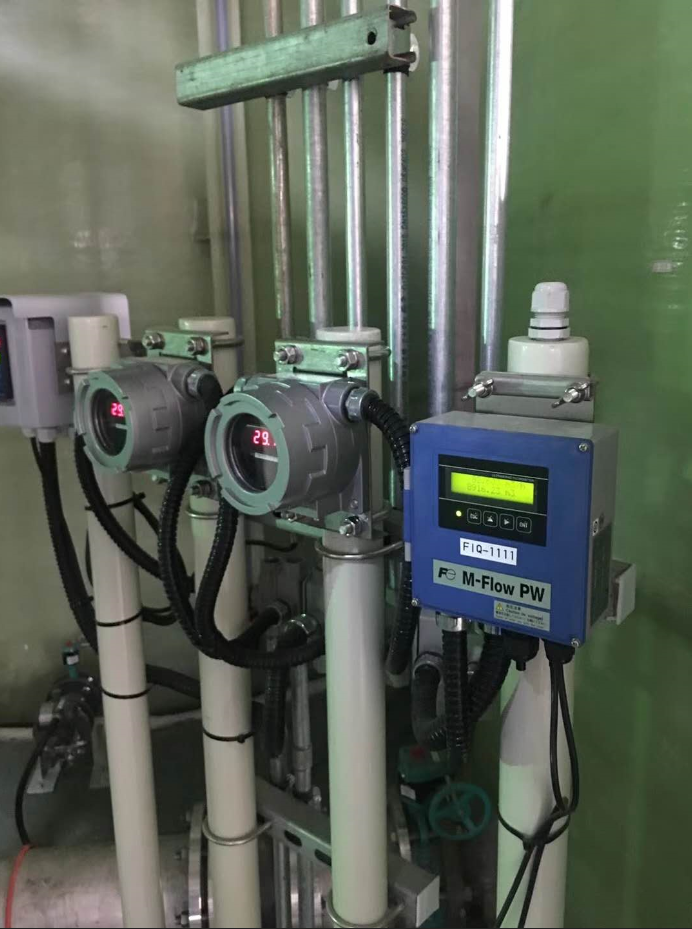Instrumentation throughout all sectors of the national economy, into every corner of people's lives. For example, in the machinery manufacturing industry, the testing of static and dynamic performance of products, the control and monitoring of processing processes, and the fault diagnosis of equipment operation; In the electric power, chemical, petroleum industry, the pressure, flow, temperature, composition, size and other parameters of the detection and control, pressure vessel leakage and crack detection; In the aerospace and aviation industry, the measurement of engine speed, torque, vibration, noise, dynamic characteristics, fuel injection pressure, pipeline flow, the measurement of stress, stiffness and strength of components, the measurement of current, voltage and insulation strength of the control system. The important role of modern instrumentation in today's society can be likened to: the "multiplier" of industrial production, the "pioneer" of scientific research, the "combat effectiveness" of modern military, and the "materialized judge" of social life. The level of instruments is an important symbol of the modernization of science and technology. With the introduction and application of intelligent technology in the field of measurement and control, the instrument profession has entered a new stage of development.
The major of measurement and control Technology and instrument is a high-tech intensive comprehensive discipline, which is oriented to the engineering fields related to instrument science and technology, and is formed by the mutual penetration of multiple disciplines such as optics, precision machinery, electronics, electric power, automatic control, signal processing, computer and information technology. This major takes information acquisition as the main task, studies the working principle, application technology and design method of various measuring instruments on the basis of various measuring theories and methods. This major aims to cultivate senior engineering technology and management talents who have basic knowledge and application ability of measurement and control, master the design and manufacturing skills of precision instruments, and can be engaged in product design and manufacturing, scientific and technological development, application research, and management in the fields of computer application, electronic information, intelligent instruments, virtual instruments, measurement and control and other fields in various departments of the national economy. Graduates of this major have a wide range of knowledge, strong adaptability and broad development space, and can be engaged in the design, manufacturing, development and application of high-tech fields such as metrology, testing, control engineering, intelligent instrumentation, computer software and hardware.
Future employment and development
Under the background of rapid scientific and technological revolution and rapid development of information technology, the modern instrument and meter manufacturing industry has maintained a rapid and stable development trend. From the perspective of the development trend, market demand and national industrial support policy of instrument and meter manufacturing industry, the average annual growth rate of instrument and meter manufacturing industry in China will be maintained at more than 20% for a long time, and graduates can choose a wide range of directions for employment, which can enter scientific research units for the development and design of instruments. You can also engage in automatic control, automatic detection and other aspects of the production engineering automation enterprise, and can also find a suitable career development space in the field of engineering testing and computer application.
The employment direction of instrument graduates mainly includes the following three aspects.
01
Intelligent instrumentation directions
Mainly engaged in instrumentation, electronic products software and hardware research and development and testing, can also be engaged in automatic control of instruments and other aspects of the work, this is a biased electronic direction, it is best to learn C language, assembly language, MCU design, LabVIEW programming and other courses, and have relevant practical development experience.
02
Measurement technology and instrument direction
Mainly engaged in metrology, testing, quality inspection and other aspects of the work, need to learn metrology related knowledge, the current domestic and international norms and standards have a good understanding.
03
Computer measurement and control technology direction
This is a more biased to the direction of the computer, and the second has a similar place, are engaged in detection and measurement, but the direction of computer measurement and control technology is more biased to the use of computer operating platforms.

 沪公网安备31011502401909
沪公网安备31011502401909